Malawi
The Queen Elizabeth Central Hospital (QECH) is the largest public hospital serving Malawi, and as such, receives patients from all over the Southern Region of the country. It is a 900 bed hospital, with specialists in Internal Medicine, OB/GYN, Pediatrics and Surgery (general surgery, orthopedics, pediatric surgery). It is also a teaching hospital: medical students, residents (locally called “registrars”), nurses and medical assistants (paramedical workers) are trained on the wards at QECH, and receive didactic instruction from the various specialists. Local residents are accustomed to students from abroad rotating through QECH. Although few patients speak English, many of those working at the hospital do. They can serve as translators until MSU students learn enough of the local language to function independently in the hospital.
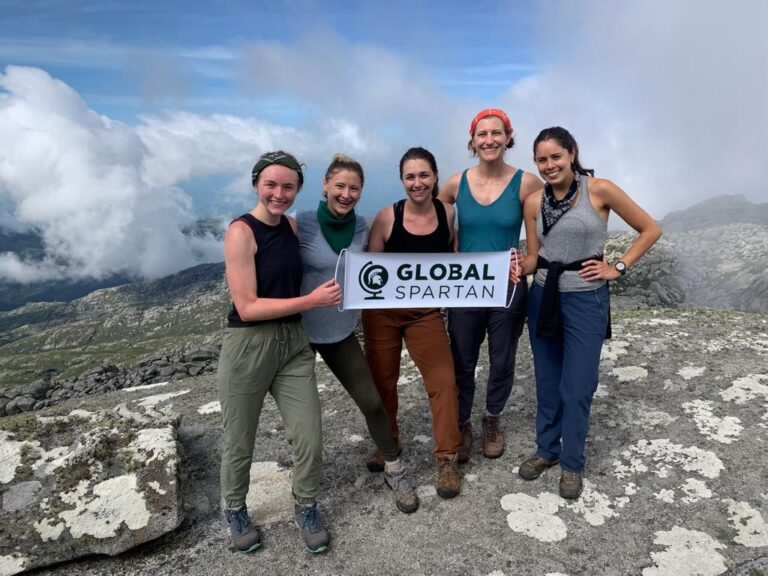
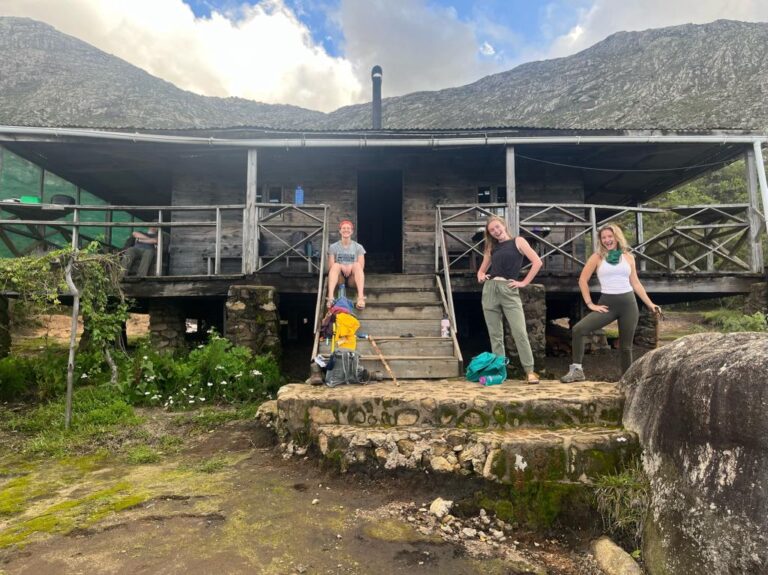
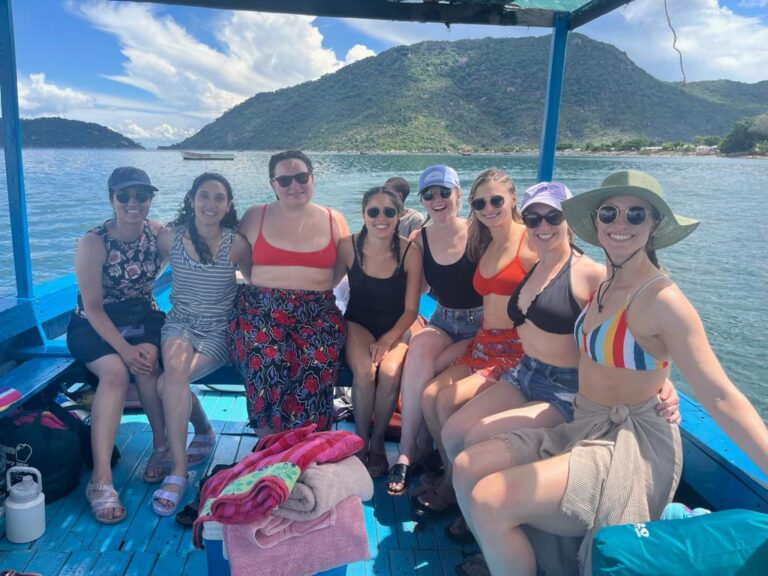
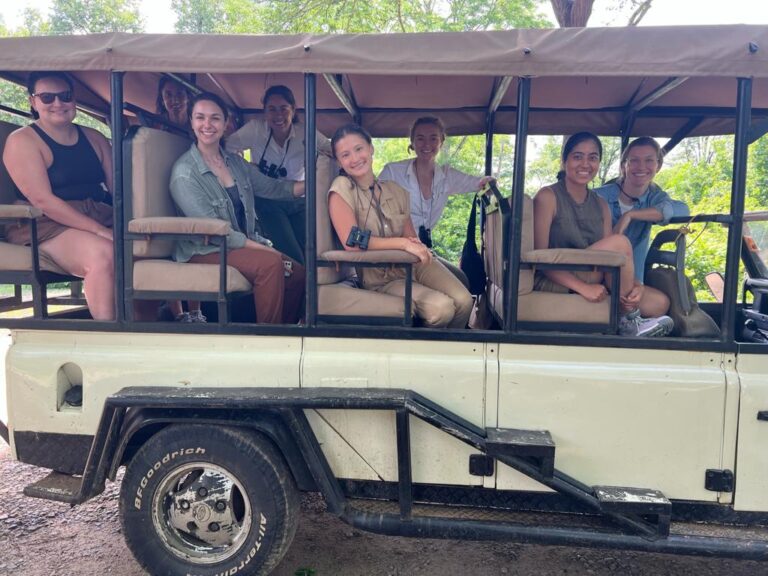
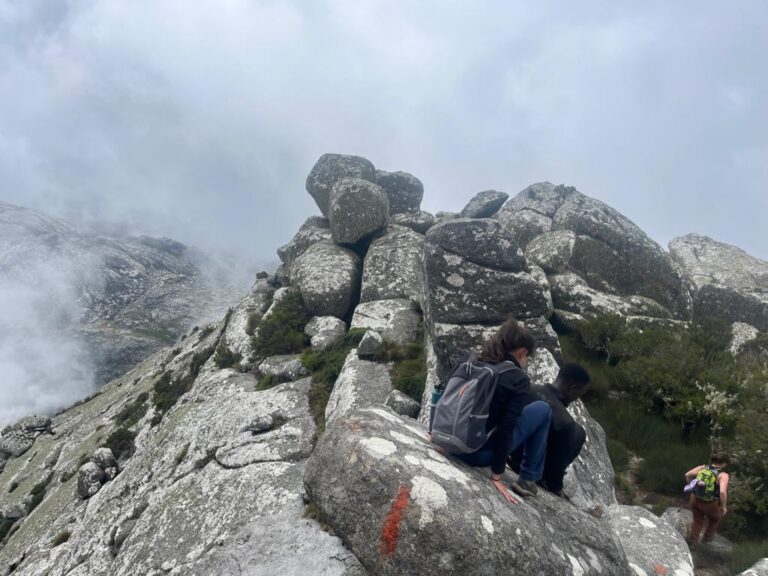

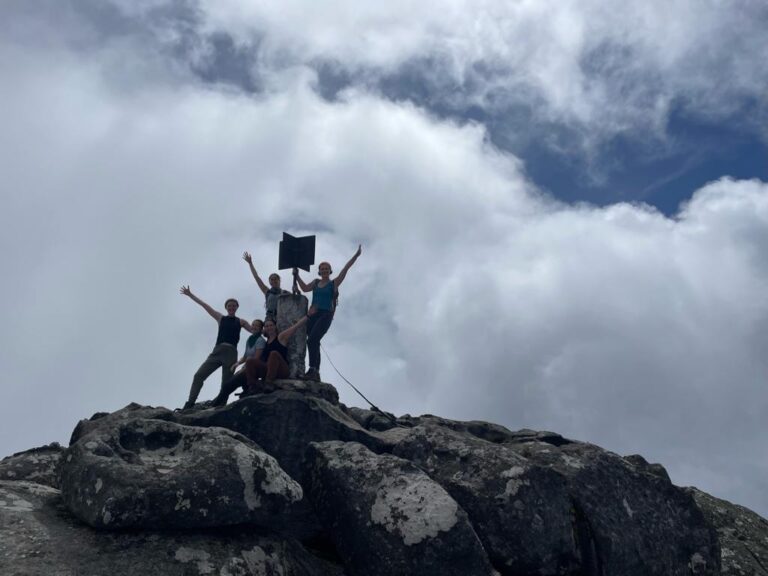

Clerkship Elective for 4th Year COM / CHM Students: Malawi
IM 621: Clinical Tropical Medicine Clerkship is now >> Global Health Elective Clerkship in Malawi (9 credits)
Dates 2025: Block 1: Jan 6-Feb 14, Block 2: Feb 17-March 21, and Block 3: March 24-Apr. 25.
The Global Health Elective Clerkship in Malawi provides an introduction for medical students to the practice of clinical medicine and public health in a low-income country. The overall goals of this clerkship are to:
- Increase awareness of issues involved in the delivery of health care in developing countries.
- Promote development of the student’s professional attitude, behavior and sensitivity to the challenges and issues of health care in developing countries.
- Acquire the knowledge and skills necessary to function in health care settings in developing countries.
- Develop a cultural awareness (customs, nutrition, traditional medical beliefs, etc.) of the patient population.
For more information, please contact igh@msu.edu or the course director Dr. Bryan Vonasek (vonasekb@msu.edu).
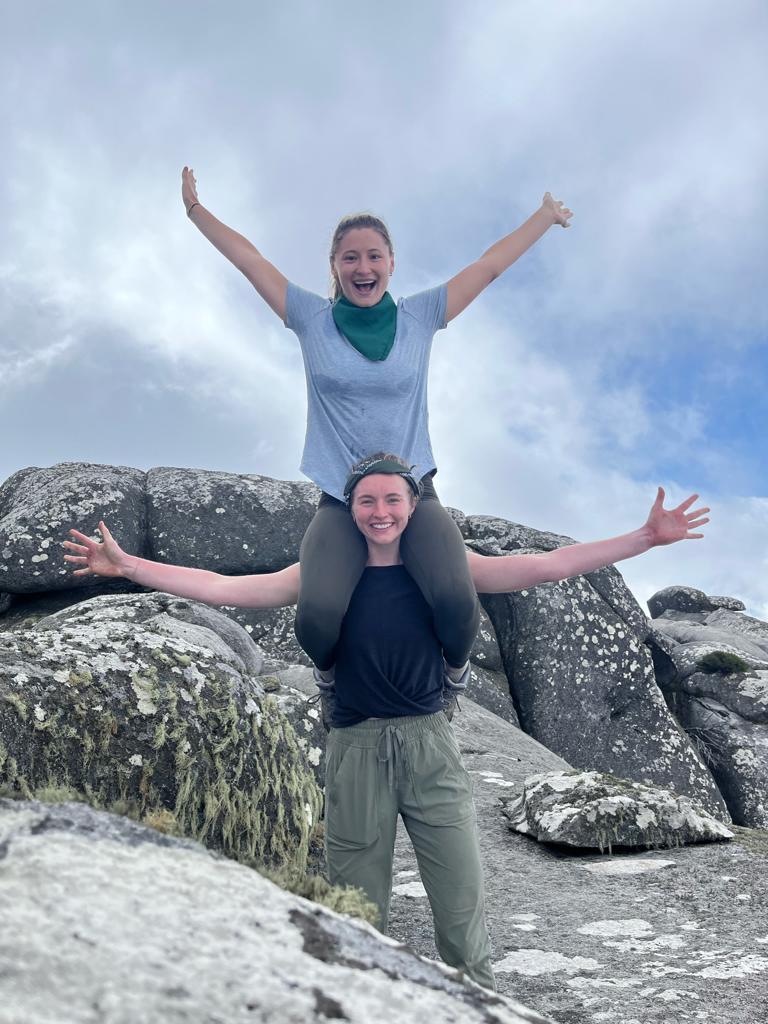
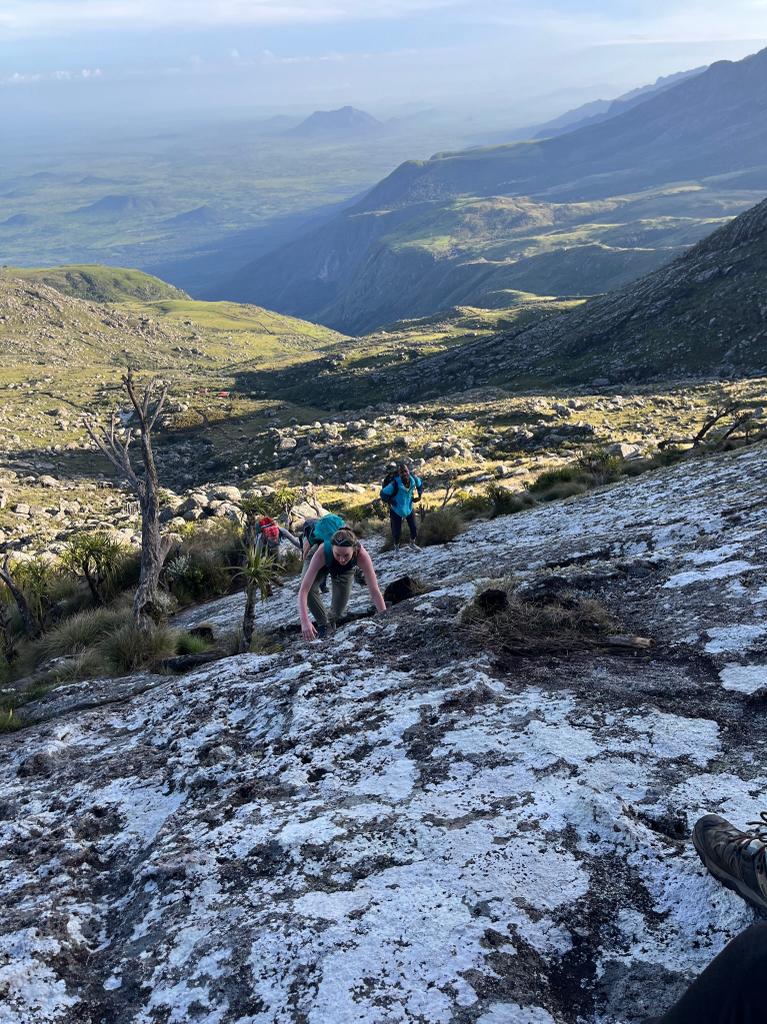
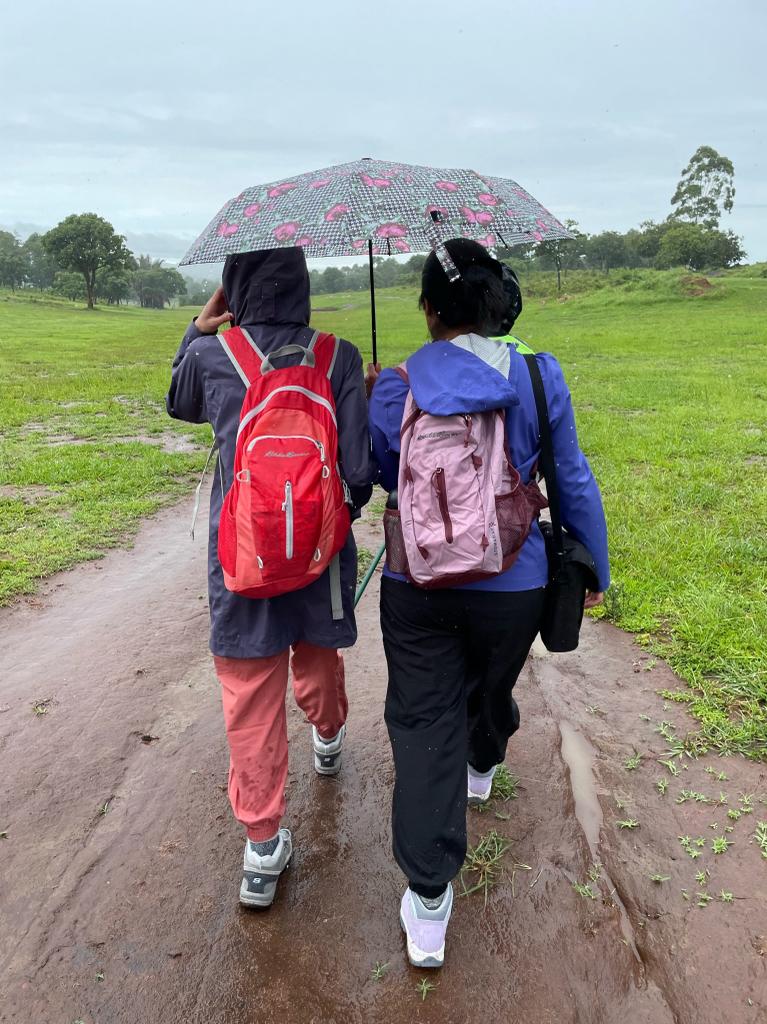
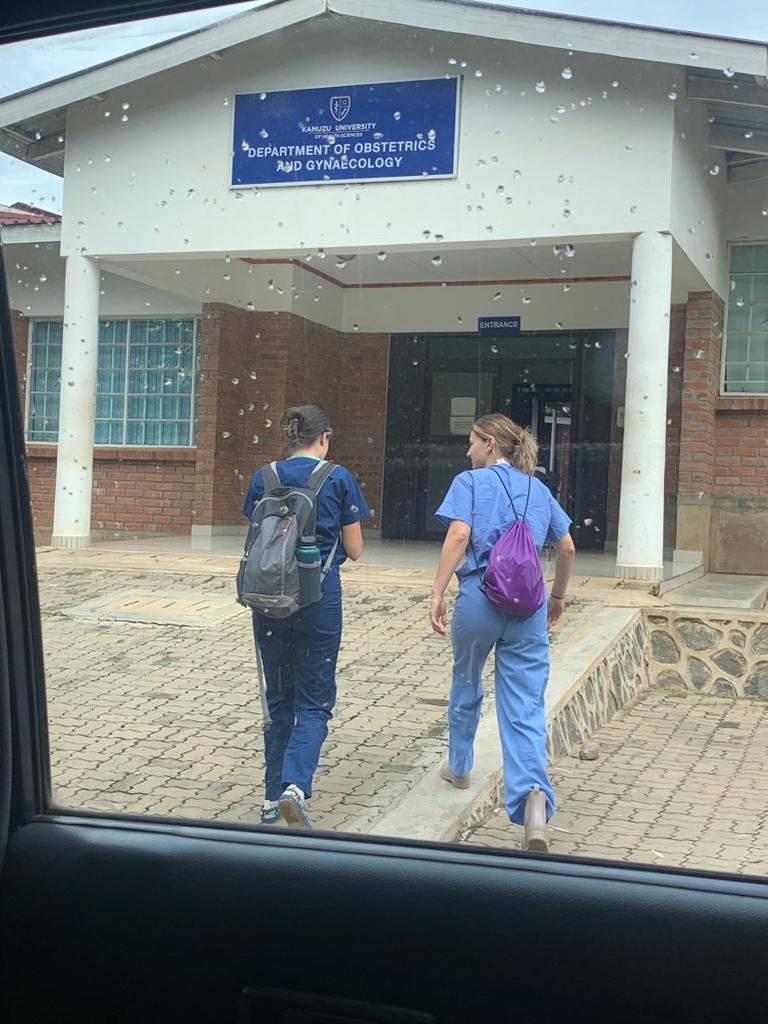

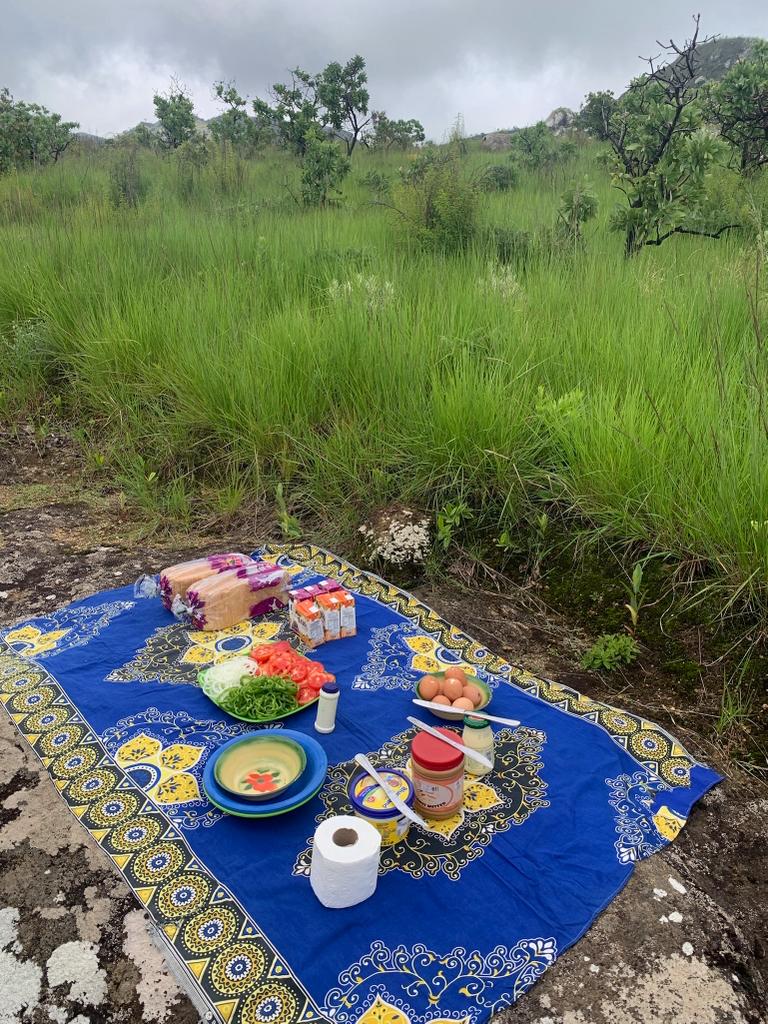
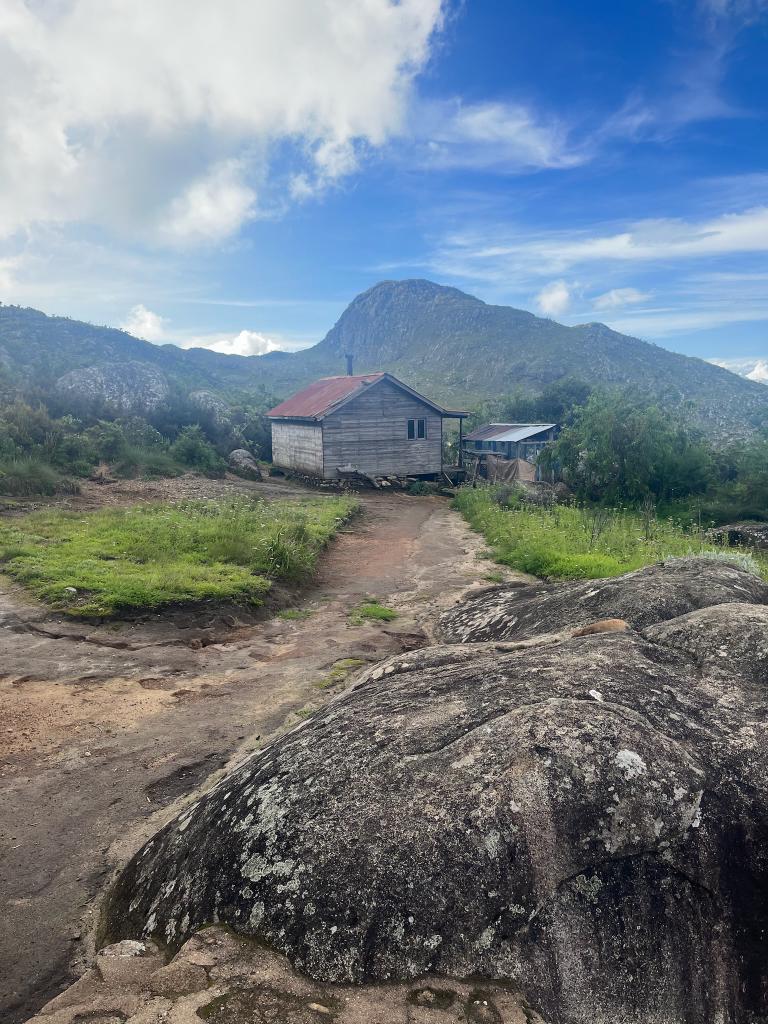
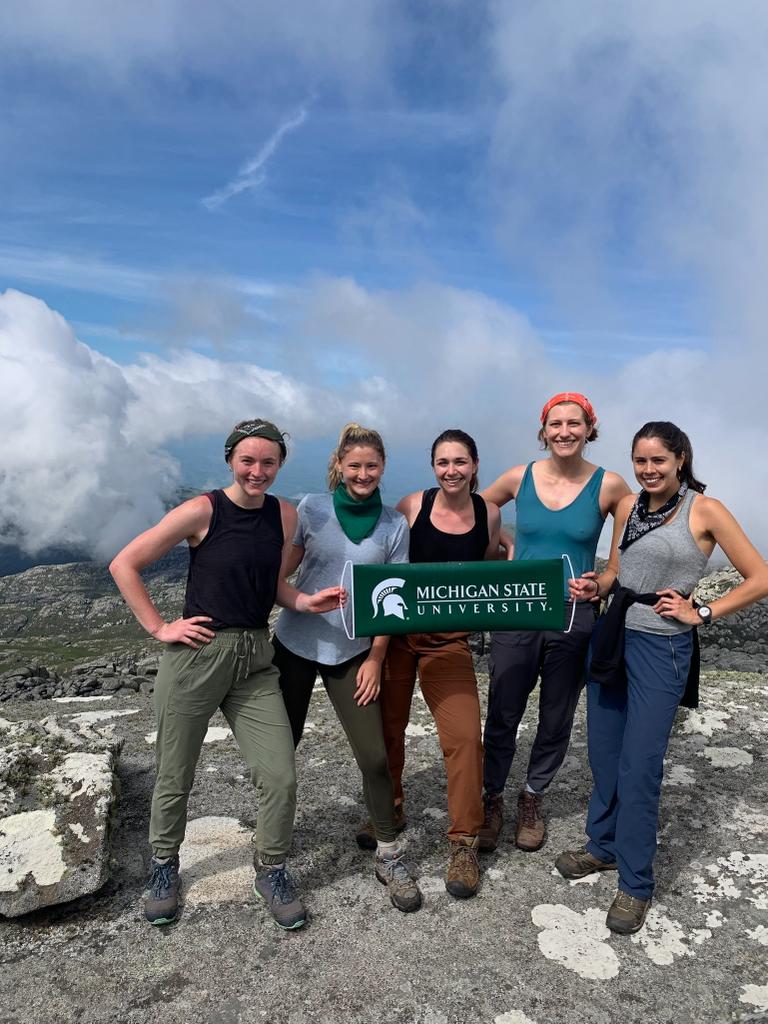
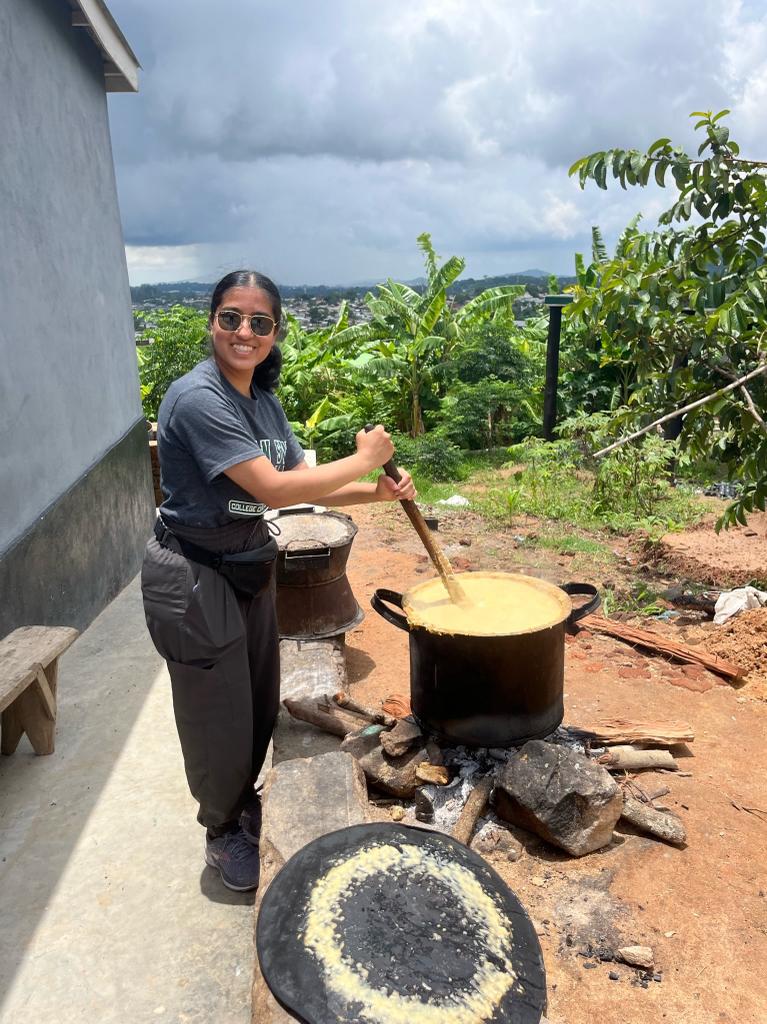
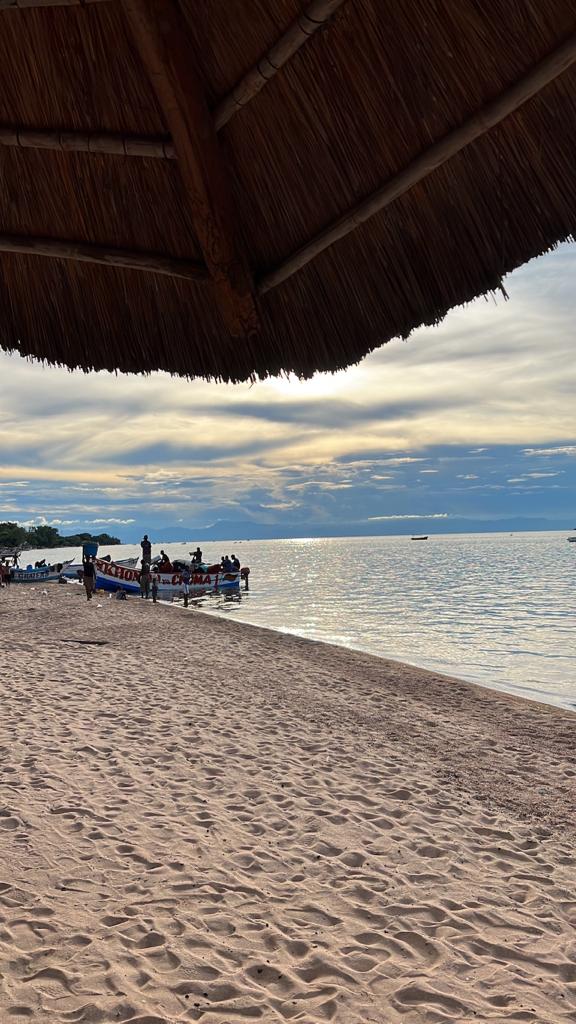
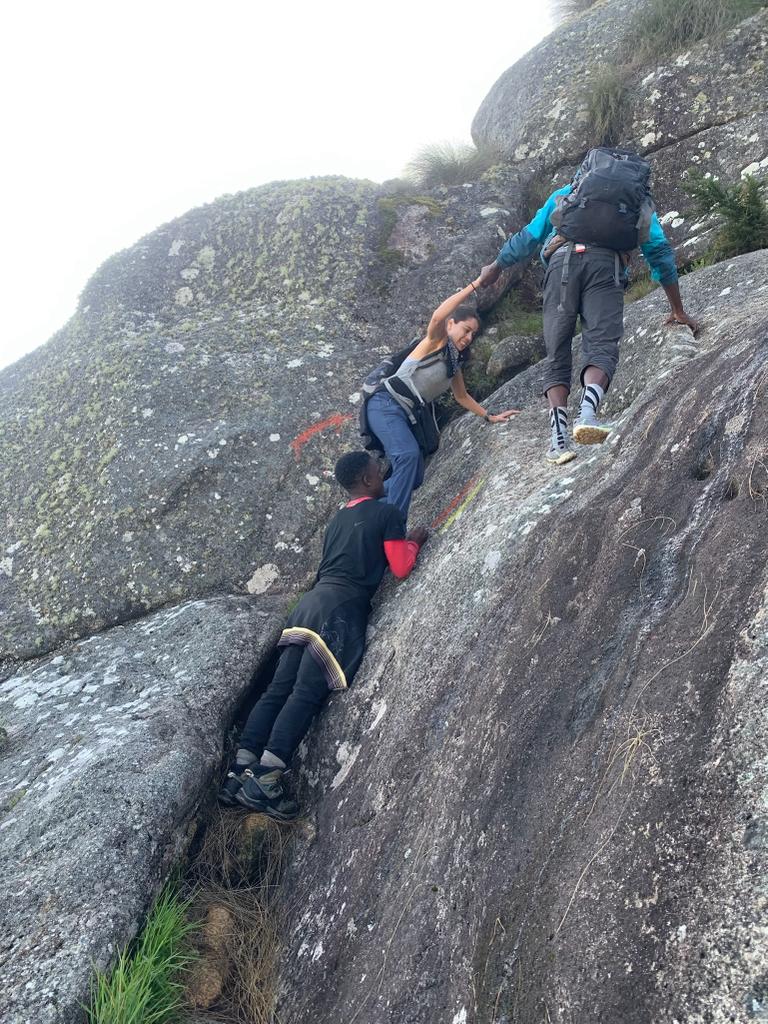
- To learn the etiology, diagnosis, management and control of local endemic and epidemic infectious diseases.
- To provide general patient care using the resources available.
- To learn to care for patients with the assistance of interpreters.
- To derive differential diagnoses and develop management plans utilizing the resources available in the setting.
- To develop professionally in a new setting by
- demonstrating ethical behavior
- developing collegial relationships with peers and staff
- devoting adequate attention to emotional and physical self-care
- displaying a willingness to be enriched by the overseas experience.
- Attend an orientation seminar prior to departure.
- Complete required paperwork satisfactorily.
- Spend at least five (ideally six) weeks in Malawi.
- Demonstrate financial capability
- airfare (see “Travel & Accommodations”)
- room and board (see “Travel & Accommodations”)
- Kamuzu University of Health Sciences fee ($50/week).
- Registration with the Medical Council of Malawi ($200)
- Admission to a College of Medicine at Michigan State University
- Satisfactory completion of core clerkships
- Satisfactory completion of IM 618, Clinical Tropical Medicine
Participation in this elective is limited to Michigan State University medical students (MSU-COM, MSU-CHM) who have successfully completed the prerequisite elective course, IM 618 (Clinical Tropical Medicine, new course title starting in 2025: Global Health—Clinical Fundamentals). These students will be invited to apply in December of their fourth year, and the Malawi elective will take place during a five/six-week stretch between January and early May of the fourth year.
The application process is guided by its instructor Dr. Bryan Vonasek during the classes.
The Office of Study Abroad offers scholarships to students who participate in MSU’s study abroad programs. Details here

Bryan Vonasek (MD, FAAP) grew up in central Minnesota and attended Saint John’s University (MN) for undergrad. In 2008, he went to Malawi for the first time as a Peace Corps Volunteer. In that role, he spent three years in Malawi, and he fell in love with the place and working alongside Malawians to address the enormous challenges in the country. He then entered medical school at University of Wisconsin with a plan to someday work in Malawi again as a doctor. He continued to work in Malawi clinically and with various research projects through medical school at UW, the Baylor College of Medicine Dr. Kelly DeScioli Global Child Health Pediatrics Residency Program, pediatric infectious diseases fellowship at UW, and a Fogarty Global Health Fellowship with UNC-Project. He joined MSU-COM in 2024 to take over responsibilities directing the Malawi elective from Terrie Taylor, who had been the director for decades. In this role, Bryan divides his time between the United States (July to December) and Malawi (January to June). While stateside, he teaches the IM 621 elective course in Global Health and attends on the pediatric infectious disease service at Sparrow Hospital. In Malawi, in addition to directing this elective for visiting MSU medical students, he is also engaged in clinical education with the Kamuzu University of Health Sciences, clinical support at the Queen Elizabeth Central Hospital Department of Pediatrics and Child Health, and a variety of clinical research projects. His wife and two kids live in Malawi with him, and together they enjoy making road trips to visit friends and a long list of favorite spots they have developed across the country over the years.
Travel arrangements are not difficult, but should be made in advance, especially if one is traveling at holiday times. One can travel via Johannesburg, South Africa; Addis Ababa, Ethiopia; or Nairobi, Kenya. Round trip costs from Detroit are approximately $2,000 to $2,500 (generally ~$400 cheaper if departing from Chicago O’Hare instead of Detroit). While in Blantyre, most students stay at the “MSU House” where Dr. Vonasek lives with his family and where visiting faculty and researchers often stay. The MSU House is a large, secure area with multiple small dormitories, and it is about a 20 minutes’ walk from QECH. Other housing options are available. Accommodation at the MSU house is $60/night (starting in 2026), payable through the Office of Education Abroad at MSU; weekly living expenses (food, drink, etc.) can easily be kept below $100. There will be several opportunities for traveling within Malawi; bus services are extensive and inexpensive. Students with particular interests in mountain climbing, hiking, camping, squash, tennis, snorkeling, etc., should bring the necessary equipment along.
See the travel nurses at Olin Health Center for up-to-date advice! Some or all of these may be recommended:
- Hepatitis B
- Hepatitis A vaccine or gamma globulin.
- Polio (oral boosters recommended once in adulthood for visitors to Malawi).
- Tetanus (boosters recommended every 10 years).
- Typhoid, cholera and rabies are optional.
- Yellow fever vaccination is not necessary for travel to Malawi, but is worth considering for travel outside Malawi.
Students are strongly encouraged to complete the immunizations listed in this brochure before traveling to Malawi and to comply with a malaria prophylaxis regimen. In addition, students must realize that they may be exposed to diseases for which there is no prophylaxis or vaccination (traveler’s diarrhea, intestinal helminths, schistosomiasis, onchocerciasis) and that reasonable self-care precautions should be taken. HIV post-exposure prophylaxis will be available in Blantyre for any student exposed to HIV.
A wide variety of clinical experiences can be arranged. While the details of each service will be at the discretion of the attending physicians, Dr. Vonasek will supervise MSU students in Malawi in conjunction with his other responsibilities there. There is a top limit of 2 students per elective during any one block. Clinical experience options include:
- Internal Medicine (general, TB, HIV-related disease): Includes inpatient care and outpatient clinics.
- OB/GYN: On average, there are 50-60 deliveries/day at the QECH, including many complicated and prolonged labors.
- Pediatrics: A wide variety of pediatric problems are seen on the wards.
- Emergency Medicine
- Surgery: The surgical suites are shared by general surgeons, pediatric, ENT, and orthopedic surgeons.